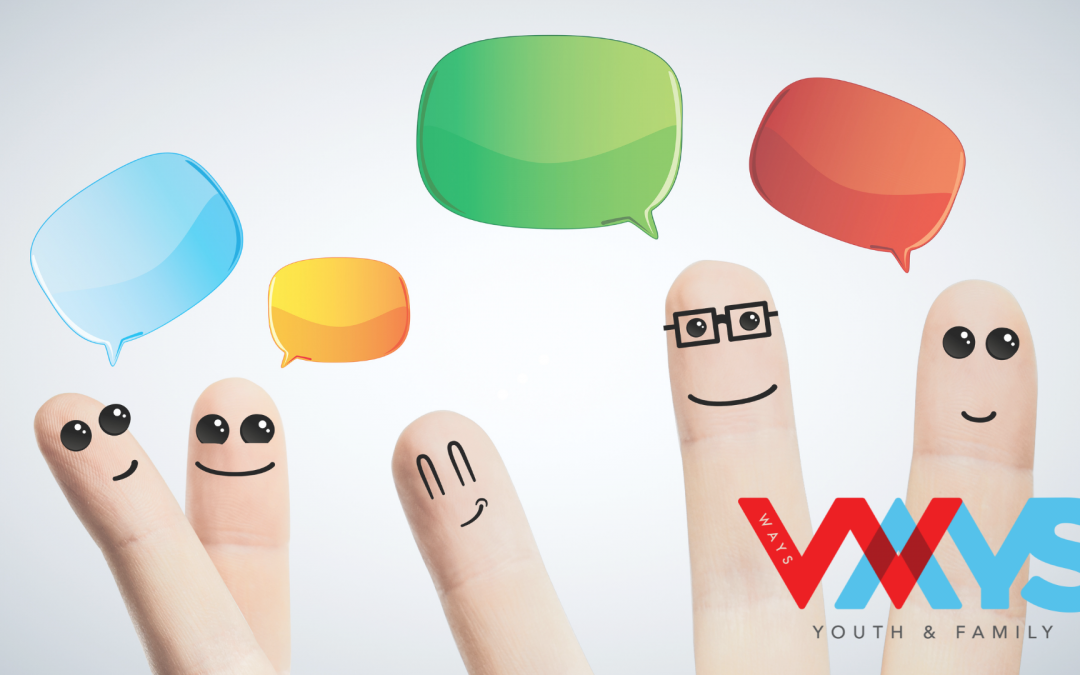To have a healthy relationship with your family, the first thing you need to look at is communication. This advice might sound like something that you have heard numerous times, but communication is the perfect skill to have to better any relationship in your life.
As your child grows and hits their teenage years, communication becomes more frequent and comes with new boundaries as your teenage increase’s independence. Sometimes it is just to be a sounding board, you will need to adapt and be flexible too and how often you communicate. The best way to communicate is to make sure that they ‘come to you’ with their problems, not you asking all the time.
Discovering these new and different approaches to communicating effectively with one another will be a learning experience for you both. Effective communication with your teenager can help you connect in your relationship, and you will have more confidence about having those difficult conversations.
What can help in communicating effectively with your child?
- Listen more than you speak – sometimes silence in a conversation is more effective than your constant interruptions and opinions.
- Make time to spend together – time is the most important thing about communication, as the more time you spend with them the more you will have time to chat. Pick them up from school or the shops, make sure to have lunch and dinner together. I know at times you all have busy schedules, but you need to make the effort to talk.
- Give them privacy – teenagers need their own space. For example, knock and ask before you go into their room, don’t check their phone when they aren’t in the room, let them shower and change without interruptions.
- Keep up with their interests – listen to their music, watch their television shows. Continue to take an active interest in their life.
- Make them feel special (especially when you are busy) – celebrate their achievements, forgive their mistakes, listen to them when they have a problem and show interest in how they plan to solve it.
- Create ‘fun’ times – make time for activities together and create laughter and happy times together.
Be careful not to have negative communication with your child.
Negative communication is nagging, harsh criticism, yelling to force a point and fighting. We know that conflict is inevitable when people have different views about a subject, but the last thing that you want to do is clash with your child, as usually, this results in undermining the relationship that you are trying to build and also creates ongoing conflict.
The idea of any communication with your child is for them to feel respected and loved. Negative communication makes them angry, rejected, blamed and unloved, and sometimes parents feel the same after the conversation.
How to turn negative communication around?
This may take some practice, but it’s easy to do once you create a habit.
Try to do this instead:
- Negotiate how you communicate with each other. Come up with solutions together, not make the conversation one-sided.
- Try to limit your arguing points. Argue over things that are important (like the safety of them), not your point about what is best. For example, getting into a car with a driver who has been drinking, are always worth fighting over. Other examples, like cleaning up their room, might be best to just keep the door shut.
- Acknowledge and celebrate their achievements and then offer constructive criticism. They don’t need to be reminded by you to do better, but you can let them know the good things that they have done and then tell them how to do it better next time.
- Apologise first and then when you’re wrong. Sometimes the hardest thing is saying sorry and admitting when you are wrong.
How WAYS can help?
At WAYS Youth & Family, we provide pathways to success for young people and their families. From Monday 15th November 2021, WAYS is hosting a parenting seminar that focuses on how to talk to your teen about difficult issues. This course will assist parents to build stronger parent-child relationships and better manage and understand their adolescent’s behaviour.
Visit our website to learn more or sign up for the event.

